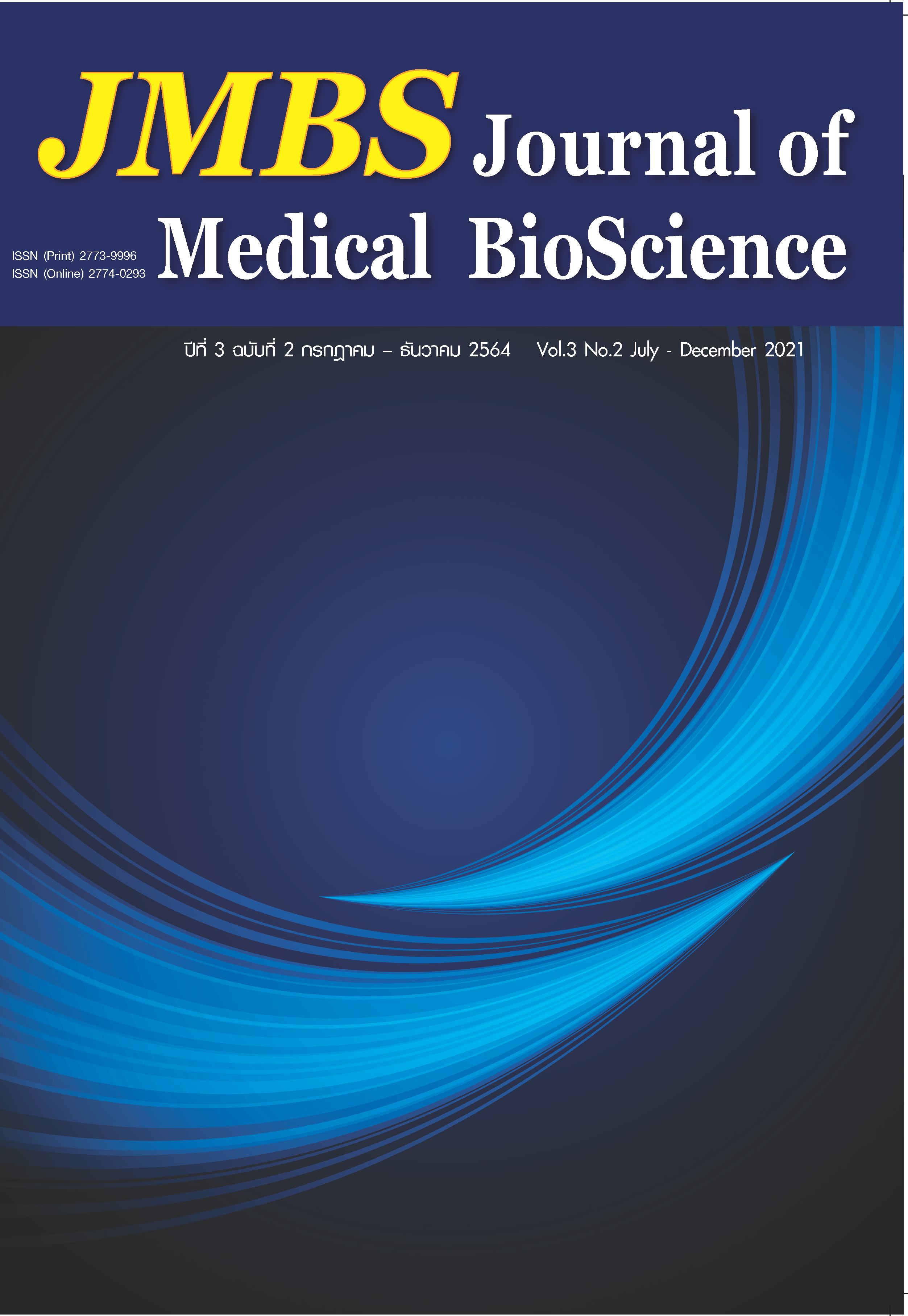Characterization of murine monoclonal anti-M and anti-N blood group reagents produced by national Blood Centre, Thai Red Cross Society
Keywords:
Anti-M, anti-N, monoclonal, serologyAbstract
Background: This study is serologic testing of anti-M and anti-N murine monoclonal antibodies which secreted from five murine monoclonal hybridoma clones composed of NBC-M2(7H32B7), NBCN1(139G3G2), NBC-N2 (9A3D9), NBC-N3(9A5B7), and NBC-N4(9D3D5). All the clones were produced by the Antiserum and Standard Cells Production Section, National Blood Centre, Thai Red Cross Society.
Objective: To study serologic characteristics of anti-M and anti-N murine monoclonal antibodies products.
Methods: The serologic characteristics were performed for potency and specificity of antibodies. . Effect of proteolytic enzymes including Papain, Trypsin, Chymotrypsin, and Neuraminidase to monoclonal antibodies were done. Testing temperature and pH effected antigen-antibody binding reaction. Our anti-M and anti-N were compared to commercial products. Type of known and unknown M and N antigen red blood cells were determined and also the unknown was compared to polyclonal anti-M and anti-N. Antibodies stability testing by preserving at 4°C, 22°C - 24°C, and room temperature for every four months until two years. Isotype were tested by using commercial kits.
Results: Our anti-M and anti-N had the best potency and specificity to both normal red blood cells and enzyme treated red blood cells. Antigen-antibody binding reaction was better in low temperature as 4°C and at room temperature than at 37°C. Effect of pH showed antigen-antibody binding was better at pH 5.5 and 7.0 than at pH 8.5. Our anti-M and anti-N potency were stronger than the commercial products and rabbit polyclonal antibodies. Known M and N antigen red blood cells typing results showed correctly in every sample. Unknown M and N antigen red blood cells typing results showed both rabbit polyclonal and monoclonal antibodies corresponding in every sample. Stability testing showed anti-M and anti-N were stable more than one year when preserved at 4°C. As for the isotype testing, it showed anti-M and anti-N are IgG1.
Conclusion: Anti-M and anti-N murine monoclonal antibodies were appropriate for producing blood group phenotyping reagents to replace the polyclonal rabbit immunized serum.






